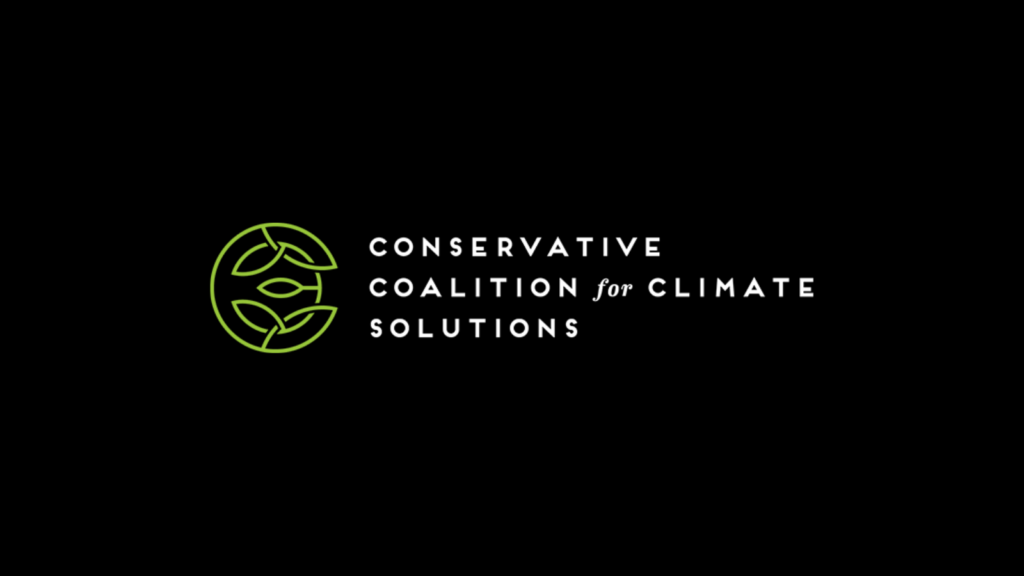https://c3newsmag.com/texas-senate-bill-to-overhaul-power-grid-will-increase-energy-costs-for-ratepayers-across-the-state/April 12, 2023
Jeff Luse
Last week the Texas state Senate passed several pieces of legislation that aim to bolster grid security and reliability in Texas. Included in these bills is Senate Bill (SB) 6, which establishes the Texas Energy Insurance Program and authorizes the construction of a fleet of new natural gas-fired power plants that will be used only as a form of emergency generation capacity in times of blackouts or high demand. If adopted, these alleged reforms would abandon the principles of free enterprise that have made Texas a leader in energy innovation and providing low-cost energy to families and businesses.
>>>READ: Texas State Senate Considers Electricity Market Restructuring
Senate Bill 6 will not “put ratepayers first” as Lt. Governor Patrick claims. Instead, the proposal would provide preferential treatment for specific energy sources and impose significant costs on ratepayers. Analysis from the Lower Colorado River Authority estimates that the price of implementing the insurance program of SB6 could be as high as $18 billion, up from the $11 billion that was previously expected. These costs will undoubtedly be borne by consumers who will pay for them through higher electricity prices. While grid reliability remains at the top of mind for Texans, SB6 is an extremely costly and inefficient way to go about securing the grid.
In fact, SB6’s provisions also fail to address the root cause of power outages during Winter Storm Uri: a lack of winterized infrastructure. During the storm every energy source failed to bring power to the grid, natural gas included, because Texas’ grid infrastructure was not built to withstand the cold snaps and low temperatures of Uri. Thankfully, the legislature has already begun to address this issue, passing bills in 2021 to weatherize the state’s power grid.
Energy economists at the University of Texas have proposed several reforms that would bolster grid reliability in the state at a fraction of the cost of SB6. Included in these proposals are promoting energy efficiency, investing in demand response programs that offer consumers incentives to conserve energy during peak demand hours, and connecting Texas’ isolated power grid to neighboring regional grids.
Texas’ competitive electricity market structure has put the state at a competitive advantage by providing
affordable power to consumers and businesses, which has led to a surge in energy innovation investments in Texas. In 2021 the Lone Star state led the nation in renewable energy and energy storage installations, significantly outpacing second-placed California who installed 2,697 megawatts of new wind and solar projects (versus Texas’ 7,352 megawatts). These renewable energy projects have been an economic lifeline for communities in Texas, especially rural ones. A report from the Conservative Texans for Energy Innovation found that in their lifetime, the current fleet of renewable energy and energy storage projects in Texas will generate $7.2–$8.8 billion in new tax revenue to local communities. As renewable generation has increased, Texas has remained the national leader in natural gas production, showing that traditional and clean energy sources can work together to provide reliable and affordable power to consumers.
>>>READ: Texas Grid Proposal Should Bolster Reliability, Protect Consumers
Increasing the government’s presence in energy markets is not the way to level the playing field. Instead, policymakers should adopt a technology-neutral stance that allows markets and consumers to choose the right energy mix. As C3 Solutions Board Member and former Texas Public Utility Commissioner Beck Klein recently said in testimony before the state Senate, lawmakers ought to follow Texas’ tradition and stay “committed to a certain philosophy; the philosophy of competitive, free market principles.”
The Texas Senate energy bill now moves to the state House of Representatives. Embracing big government proposals like those in Senate Bill 6 will hurt consumers, affordability, and innovation in Texas. Alternatively, Texas lawmakers should consider ways to maintain electricity market competition in the state while bolstering grid reliability. This means reducing the government’s preferential treatment of certain energy sources and maintaining an unsubsidized energy strategy that lets free markets and free people, not politicians, pick winners and losers.
The views and opinions expressed are those of the author’s and do not necessarily reflect the official policy or position of C3.

